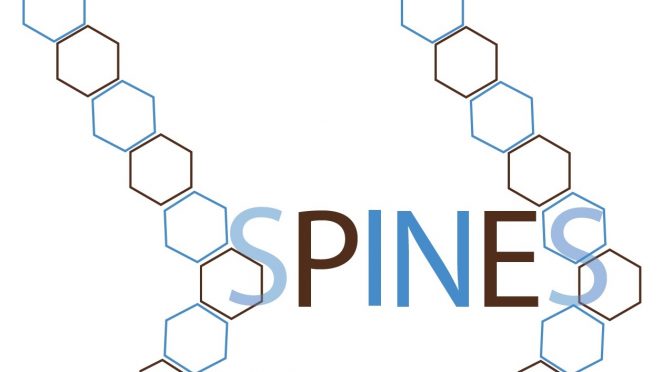As scientists who come from underrepresented backgrounds, we have had many informal discussions about the climate at Sackler and advocating for diversity in the graduate programs at Sackler. While Tufts Sackler supports various pipeline initiatives (PREP, P2P, BDBS) we feel that it does not have mechanisms in place that intentionally create a space for minority scientists who are training at Sacker. We met in March and had an open discussion about our interests relevant to the group, the immediate needs of the community, and long term goals.
Mission:
Programs aimed at diversifying the STEM academy have successfully increased recruitment of undergraduate and graduate students from groups traditionally underrepresented in careers in the sciences. An emphasis on recruitment may help to update the narrow image of what a scientist looks like, but additional action is needed to evolve the full picture of who scientists are. We are Scientists Promoting INclusive Excellence at Sackler (SPINES).
Inclusive excellence is a model first proposed by the American Academy for Colleges and Universities and recognizes that efforts of diversity can result in meaningful, measurable improvements in the excellence of an institution when that institution creates an environment that welcomes the cultural diversity of those included. For the STEM academy to benefit from a diversity of contributors, the culture and atmosphere of the STEM academy must update to include that of the new participants. It is this dissonance that may be responsible for the ever discussed “leaky pipeline” or disappearance of diverse bodies from the STEM career path as their career trajectory progresses. As problematic as the “pipeline” analogy is (we can unpack that for days), anyone concerned with progress in the sciences should recognize that this progress requires sustained conversations around social justice issues and retention of minority scientists.
SPINES believes we can help each other achieve inclusive excellence in the sciences by building a community of scientists at Sackler who recognize and celebrate each other’s diversity of ability, ethnicity, sexual orientation, religious affiliation and gender identity. We formally describe our mission below, but loosely we want to build spaces where we feel free to discuss all aspects of our lives as developing scientists. We will offer each other support even if this means giving technical advice as someone works through frustrating equipment errors in the lab or offering a shoulder to lean on as one struggles with the pain and helpless feeling from viewing the latest videotaped example of injustice on the nightly news.
Below we list some short-term goals for the group; however, we would like to highlight that our organizational model relies on horizontal leadership and community-based decision-making. We recognize that the needs and priorities of a community can change over time and therefore we encourage all members to take active roles in developing and implementing their ideas with the knowledge that the entire group will support them.
Short-term goals
• Enhance the diversity of speakers that are invited to give program seminar talks
• Learn about active bystander, anti-oppression, intersectionality, and privilege via reading books, articles, and invited speakers
• Connect incoming underrepresented graduate students with a peer mentor
• Build professional connections with biotech/industry to address the lack of diversity in these sectors
• Provide networking opportunities
Our priority is to establish a welcoming community at Sackler where people of all backgrounds and identities feel nurtured and supported in achieving their scientific, personal, and intellectual goals.
Look out for our upcoming events and for more information see: https://tuftsspines.wixsite.com/tuftsspines
Written by: Camila Barrios-Camacho, Chris Bartolome, Janel Cabrera, Laverne Melón, and Vanessa Yanez

